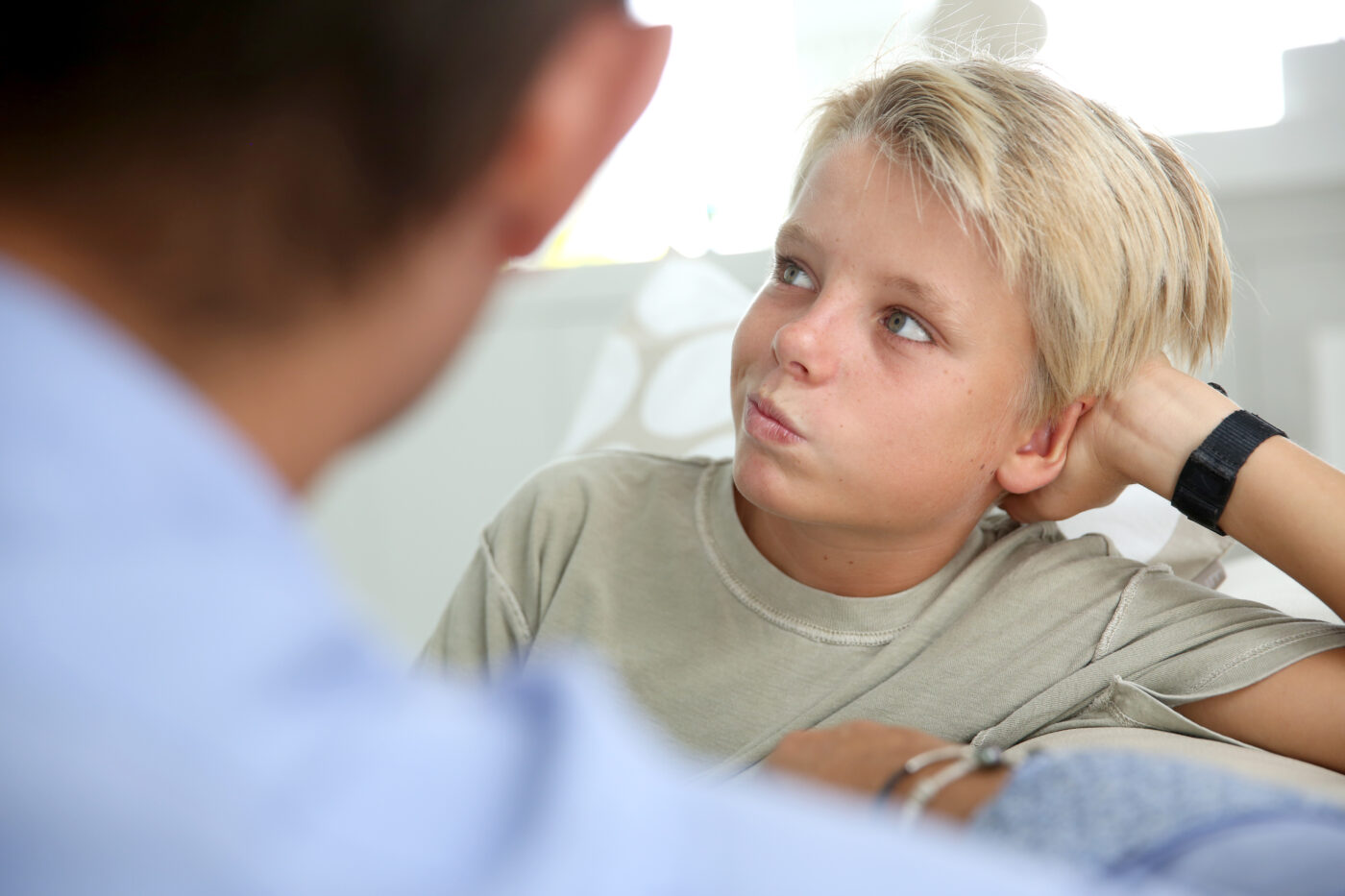Many researchers have suspected that infants must benefit from the close physical attention of their caregivers, but the extent and nature of the benefit was unclear. Now an increasing amount of biological research on animals is determining that while a number of factors are vital for proper brain development, physical attention appears to play a role in maintaining brain chemistry, brain architecture and possibly some mental functioning. Researchers hope that the insights will lead to new strategies that can boost the effects of human parenting in normal situations, as well as treat neglected children.
An aloof, detached and withdrawn child has a severe mental disorder. How did it happen? Bad parents?
Today scientists know that this assumption is false. Research shows that a number of disorders once blamed on bad parenting, actually are born of biology.
It turns out, however, that a parent’s care may be important in more subtle ways. An increasing number of biological studies on animals suggest that even though many other factors are important, a parent’s caressing, cuddling and coochie-cooing play a role in maintaining proper brain development in the infant. The research is leading to:
- A new understanding of the importance of parenthood.
- Treatments for severe parental neglect.
Much of the research indicates that a parent’s physical attention helps the stress system in the infant’s brain develop and function normally. This system and its hormones help carry out physiological adjustments over the course of daily living and help you adapt to stressful events. It’s thought, however, that abnormal functioning of the stress system can contribute to disease. Rodent studies show that babies who have increased physical contact with their moms also have positive alterations in their stress system for life.
Rodent moms do not exactly cuddle their infants like humans, but they do provide physical care by licking and grooming them. In one study, moms and babies were briefly separated and reunited, which led the moms to intensely lick and groom them. As adults, these rodents were more resistant to stressful situations and had less anxiety. The researchers also found that infant rodents who were naturally lavished by exceptional physical attention from their mothers had similarly stable stress responses and low anxiety in adulthood.
On the flip side, animal research indicates that situations where babies are blocked from a parent’s physical attention cause life-long abnormalities in the stress system. In the studies, rodent infants were removed from their moms and placed in an incubator as a group for a few hours a day for several days. These animals had an increased response to stress in adulthood. It’s thought that lack of touch triggers an inappropriate activation of the stress system. Scientists found that merely stroking the infant rodents with a tiny brush could prevent many of the effects of the long separation.
Researchers also have found that physical attention helps maintain the architecture of the brain and, possibly, certain memory abilities. Studies show that rodents who receive more physical attention in youth have less cell loss during old age in the hippocampus, a brain area important for memory. These rats also perform better on certain memory tasks in old age.
On the other hand, studies show that blocking the physical attention from a parent negatively changes the architecture of their baby’s brain as well as certain memory abilities. One rodent study shows that long separation situations cause brain cells to die. Other new animal research shows that the separation results in impaired growth of brain cells in the hippocampus. Preliminary observations found that as adults, these animals perform poorly on certain learning and memory tasks.
Researchers have yet to directly link the animal findings to humans. Some research, however, suggests that positive touch also is important for human development. For example, scientists found that neglected children from overcrowded, understaffed Romanian orphanages had abnormal stress systems. Moreover, the children with the most abnormal stress systems had the lowest scores on tests of mental and movement ability.
Once a human effect is confirmed, scientists hope to find methods to treat children who come from extreme situations of neglect. Already, researchers have found evidence in animals that certain therapies can reverse the effects of separation situations. It’s also possible that further insight could lead to ways to boost the effects of parenting in normal situations.
In the meantime, scientists say it can’t hurt to dole out some extra hugs.
source: http://apu.sfn.org/content/Publications/BrainBriefings/parental_care_brain.html









